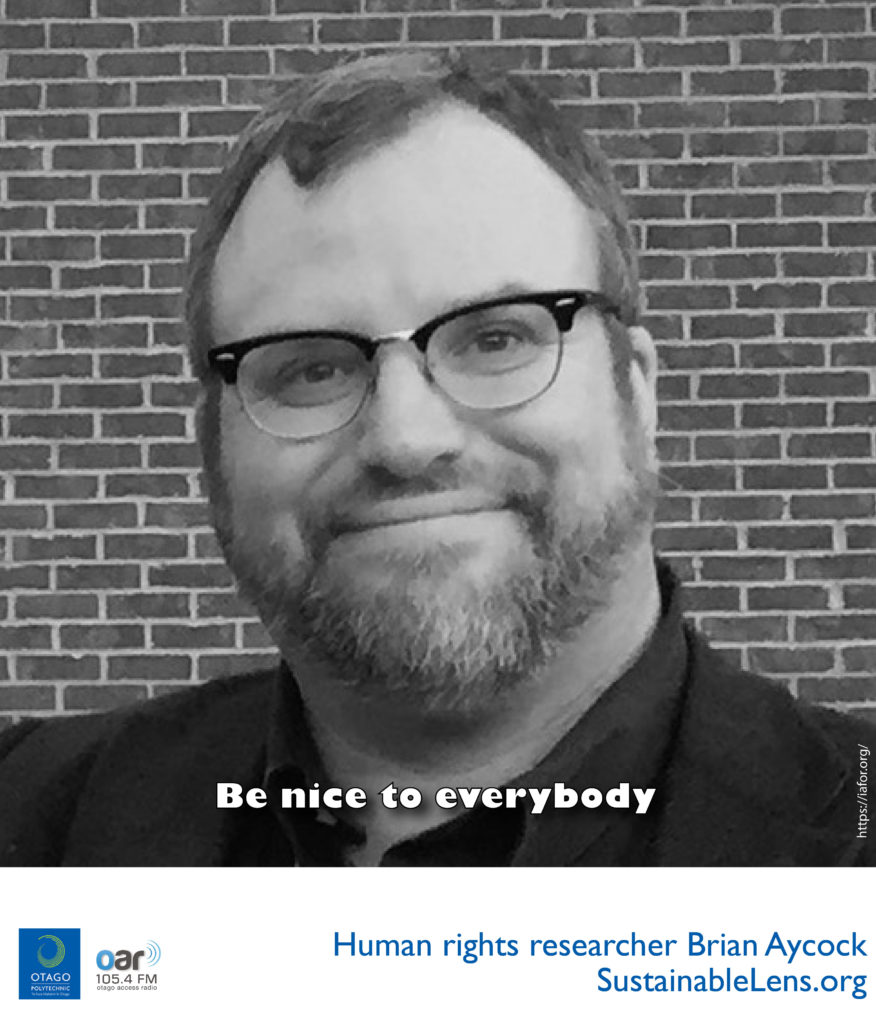Hysterical negativity doesn’t drive opportunities. We have to make room to be positive.

Prof Joseph Haldane is founder, chair and CEO of the International Academic Forum (IAFOR).
With a doctorate in french studies, his research and teaching is on history, politics, international affairs and international education, as well as governance and decision making.
We talk about global governance and ethics and the politics of fear. The Machiavellian playbook of fear is being used quite deliberately – setting up the “other” and changing the balance of victimhood. From this we see “fake news” and strongman politics. But Haldane is positive and sees a path of positive politics and international cooperation . Travel, he says, is breaking down racist paradigms. But to do that we have to change to a future of thriving and regenerative future. While the challenge is intergenerational, it is also urgent, so we can’t be forced into inaction by negativity.
Definition: We have to be the best version of whatever we have at the moment
Superpower: Decent host, bringing the right people together.
Activist: I have the ability to run, to be excited by projects, and to focus on the long term drivers of change.
Miracle: Inequality is the most egregious injustice. We need meaningful international and national public policy to address.
This conversation was recorded at IAFOR’s Asian Conference on Education in Tokyo in November 2019.


